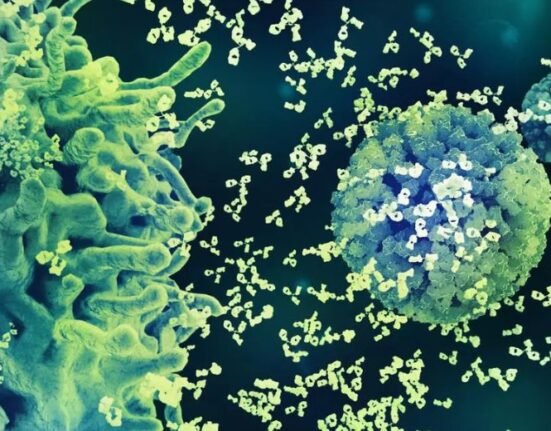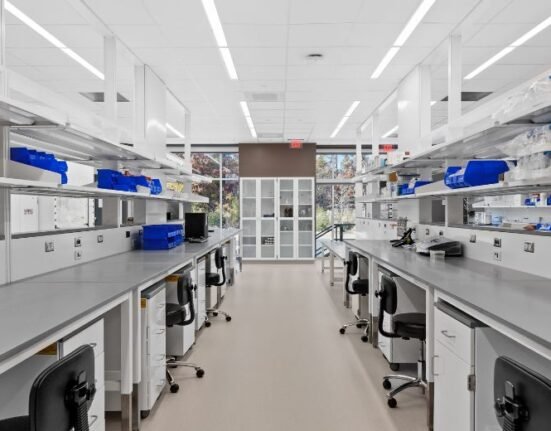HQ Team
October 16, 2024: Twenty-four European universities have formed a network to impart skills to 10,000 medical students across undergraduate degree programmes to address current and future climate-related health threats, according to a statement from the University of Glasgow.
The European Network on Climate & Health Education (ENCHE), has been founded by leading medical schools from Belgium, France, Germany, Ireland, Italy, Poland, Portugal, Slovenia, Sweden, Spain, Switzerland and the UK.
It will integrate climate and health teaching into curricula to help medical students recognise, prevent, and treat the increasing burden of the climate crisis on public health, as well as deliver sustainable healthcare solutions.
The ENCHE will be chaired by the University of Glasgow and supported by the World Health Organization (WHO), alongside leading healthcare organisations through the Sustainable Markets Initiative Health Systems Task Force, comprising global CEOs across the private sector.
Currently, medical education does not consistently include teaching on the interconnection of climate and health, with training often relying on the knowledge of individual faculty members and the engagement of student groups.
Other geographies
The network, in the future, may consider expanding to reach other healthcare professionals and partners in other geographies to support climate resilience across health systems.
The network will become a regional hub of the Global Consortium on Climate and Health Education (GCCHE) at Columbia University Mailman School of Public Health.
The GCCHE will offer expertise and advice to the Network, as well as promote transatlantic collaboration on climate and health education. In its first three years, the European Network aims to train at least 10,000 students across participating universities with the latest scientific and educational resources.
According to the WHO, 99% of people breathe polluted air and 7 million people die from air pollution each year, while heat-related deaths could triple by 2050 without urgent action.
Vulnerable populations, including children, the elderly, marginalised communities and people with pre-existing health conditions, are disproportionately affected. Furthermore, the climate impacts on healthcare infrastructure are undermining people’s access to care around the world.
Pharmaceutical companies
As one of the largest health challenges of our time, climate change is increasing pressures on overstretched health systems, according to the statement.
Factors such as extreme temperatures and air pollution are exacerbating infectious and chronic diseases, including vector-borne diseases, cancer, cardiovascular diseases, respiratory illnesses, and mental health conditions.
At the same time, the health sector is contributing to the climate crisis, with approximately 5% of greenhouse gas emissions coming from healthcare.
The ENCHE will be supported by leading health organisations including AstraZeneca, Bupa, GSK, Novartis, Novo Nordisk, Roche, Sanofi and the WHO as members of the Sustainable Markets Initiative Health Systems Task Force.
The task force is a public-private collaboration between global pharmaceutical and healthcare company CEOs and leaders committed to accelerating the decarbonisation of health systems.
‘Health leaders of future’
“From the spread of infectious diseases to increasingly deadly heatwaves, the health impacts of climate change are becoming ever more dangerous,” said Professor Iain McInnes, Vice-Principal and Head of the College of Medical, Veterinary and Life Sciences, University of Glasgow, and ENCHE Co-Chair.
As educators, it is our responsibility to ensure that the next generation of doctors, health professionals and medical leaders have the skills they need to face these challenges and can provide patients with the best care possible.
“I hope that many more institutions will join this network and our mission to protect and improve human health against the backdrop of our changing environment.”
Paul Hudson, CEO of Sanofi, said: “The students at the medical schools which have joined this Network are the health leaders of the future. With the knowledge to treat the effects of the climate crisis and deliver more sustainable healthcare, they can positively impact thousands of patients, their health systems and the planet.”








